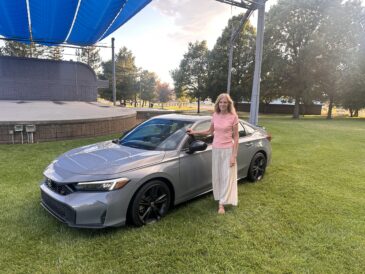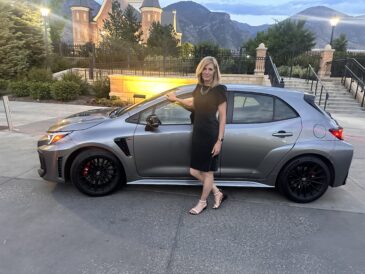The graduation, and funeral, part of commencement
I attended two commencements last week — a graduation from college, and a funeral.
The word “commence” means to begin or launch or embark. Both of my friends did that last week.
The college graduate marched into the auditorium to “Pomp and Circumstance” dressed in his cap and gown with his tassel swaying, sat through the program, periodically smiled up into the audience at his family, sang the school commencement song with a couple of hundred classmates, walked that walk, shook those hands, received his diploma, and grinned at the collective shout he heard coming from us.
During the speeches of this event we heard inspiring statements like, “It’s much easier to just exist than it is to meaningfully live,” “The most important discovery you will make is yourself,” “The world may be your oyster, but you have to know how to get it out of the shell,” “You’ve learned all the rules. Now go figure out how to productively break them,” “The right path never includes your success at someone else’s expense,” and, “You’ve come to the end of your problems. The question is, which end.”
When it was all over, we proudly clustered around him. His response to the inevitable question every graduate hears, “So what’s next?” was, “I’m going to sleep in for a few days, try to remember how to relax, and then jump into my next projects.” And then he did exactly what he said he’d do.
He commenced.
The funeral I attended was for a friend who passed on in her late 80s. She lived a good life filled with a husband, five children, and a heart that led her to mother everyone around her, so said her children.
Anyone who knew her would agree. Like most funerals, the speakers shared stories about her life, family, talents, service, civic engagement, education, and more.
Sprinkled among the tales were compelling statements like, “She taught us that relationships trump everything,” “She told us that the older she got, the faster her life seemed to go,” “She had her priorities perfectly aligned and lived accordingly,” “She put people before things,” and, “She was a good example of getting out of life what you put into it.”
All the grandchildren and great grandchildren sang a song. A concluding prayer was said, and then the congregation stood while her flower-covered casket was wheeled out the side doors into the bright sunlight.
She commenced.
This business of commencing happens continually. Commencement is evidence of progress, of choosing to move in a direction rather than stay still.
We move from this experience to that experience, from this level of wisdom to the next, from sorrow to joy to anger to amazement, from being at the top of our game to being at the bottom of the heap — and back.
We commence from child to teenager to adult. We commence from singleness to marriage to parenthood to grandparenting. We commence from student to employee to business owner.
Sometimes our commencements follow a straight path. Sometimes they make right-hand turns, double back, or go in circles. But they never end.
And sometimes they deserve extra recognition. Like graduations. And funerals.
One thought came through at both commencements I attended. The words weren’t exactly the same, but close.
The thought was, “The two most important days in a person’s life are the day he is born, and the day he figures out why.”
I suspect as he continues to commence, my college graduate friend will eventually figure out why he was born. I also suspect my 80-plus-year-old friend has already figured it out.
As for the rest of us, we’ll just keep commencing until we do.
You can contact D. Louise Brown at maven_55@yahoo.com.



